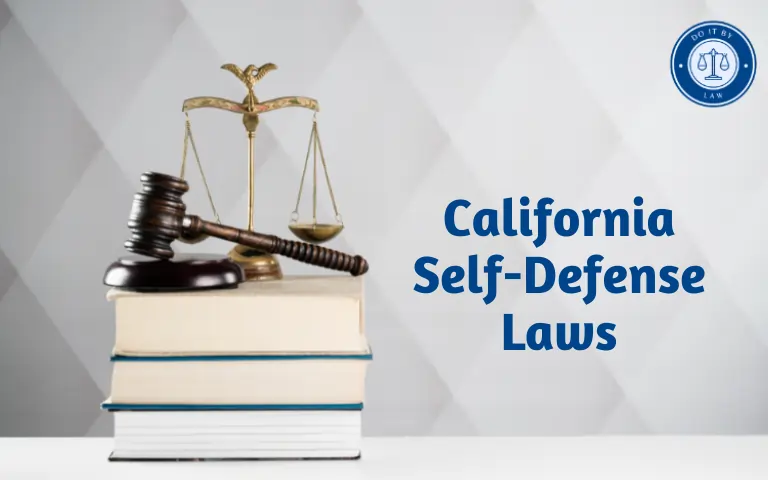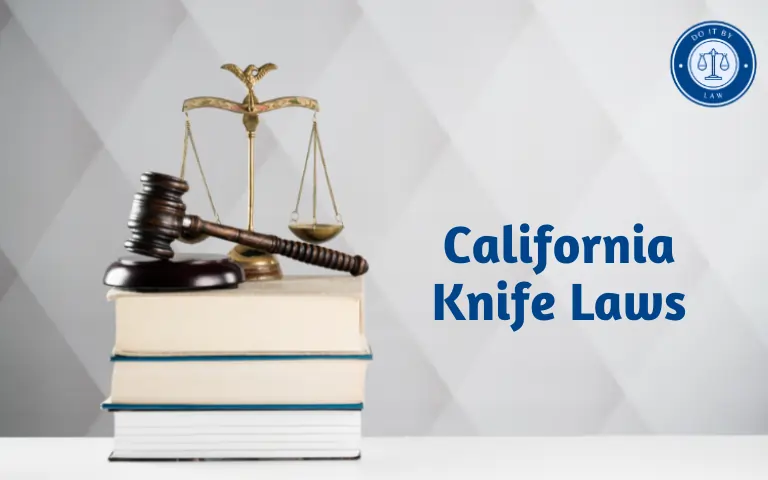Weird Laws in California: Fact vs Fiction
Myths around backward outdated laws make for amusing trivia, even if fabricated. The internet abounds with lists of ridiculous regulations like “no walking your elephant down Market Street in San Francisco” or “sitting on sidewalks in LA is prohibited”. In truth, most laws cited as “Weird Laws in California” prove false, unenforceable, or reasonable in context.
But California municipalities did enact some provably eccentric ordinances over the decades that remain codified. While rarely invoked today, they prompt curiosity about the circumstances and perceived issues that triggered such narrowly targeted decrees. Others likely persisted mostly as quirky tourism marketing tactics.
In any case, highlighting truly bizarre enactments in California State law books makes for an amusing review of legislative peculiarities. Just don’t take rumors of things being “illegal” as fact without proper vetting. This guide separates exaggerated myths from verifiable oddities within the California legal code.
Dubious “Weird Laws in California” Lists – Fact-Checking Required
California frequently appears on dubious top 10 lists of wacky state laws. But closer scrutiny reveals:
- Old laws repealed long ago – No laws about tying giraffes to lampposts or prizing bullfrogs exist today.
- Jokes/parodies taken literally – Spoof laws about women wearing housecoats downtown were fictitious pieces mocking outdated gender roles.
- Misreadings or missing context – “No walking your elephant” likely referred to exotic animal ordinances, not a total pachyderm sidewalk ban.
- Urban legends – Foot size regulations are a widespread myth with no records of ever passing such appearance laws.
- Impractically weird to be plausible – Exploding cigars seem too quirky a concern for legislative time. Likely apocryphal.
- Unconstitutional or superseded – Any law barring “ugly people” from the public would be swiftly overturned by higher courts today.
- Reasonable in era passed – Bans on washing cars on Sunday aimed to prevent water waste more so than moralize “day of rest” customs.
The key is researching the actual law codes or histories to determine if an alleged weird regulation proved real. Most found online prove false or distorted by retellings. But some legitimate head-scratchers did exist.
Legitimately Strange Weird Laws in California History
A select few municipal codes did historically include eccentric statutes that were passed by local governing bodies:
Blythe – Playing cards prohibited at night
To discourage gambling addiction, this Riverside County hamlet banned card games after dark in 1915. Repealed in 2020 after over a century of books.
Pacific Grove – Feeding wild parrots forbidden
An ordinance here barred feeding annoying flocks of non-native escaped parrots. However, residents opposed the law to support beloved tourist icons.
San Francisco – Bowling in underwear outlawed
Perhaps connected to strip club restrictions, 1930s codes prohibited bowling while underdressed in this famously quirky city.
Glendale – No plate splitting allowed
Once prohibited splitting restaurant dish costs between diners by ordering individually. Declared illegal in 1959 but later abandoned rule.
San Francisco again –Perfume banned (partially)
Strong perfumes and colognes were restricted on public transit in 2006 to reduce passenger health issues. But generated enforcement questions.
Dana Point – No riding a tricycle on the sidewalk
Limited sidewalk cycling to bike size minimums. Oddly specific ordinance among vehicle codes since 2000.
Poring through municipal records can uncover some truly head-scratching decrees proposed by local officials or requested by residents of the time. Fortunately, many of the more extreme cases get removed after years or decades of unexplained presence. But they offer amusement for history buffs.
The Origins of Quirky Weird Laws in California
Reviewing the legislative histories behind verified “weird” laws provides insight into how they developed:
Public nuisance mitigation – Many ordinances aimed to curb bothersome behaviors disrupting community norms and order at the time. Restrictions on roosters, laundromats at night, and horse riding downtown stemmed from neighborhood petitions around noise, dirt, smell, or safety in congested areas.
Moralization movements – Groups lobbying local councils to enforce societal standards spawned restrictive rules against gambling, alcohol, sexualized conduct (anti-strip club rules), indecent exposure, cross-dressing, offensive language, or desecrating holidays. Some norms and “vice” definitions evolved since.
Narrow incidents – Highly specific rules sometimes trace to an isolated event sparking overbroad policy reactions. Trash regulations may reflect one resident’s giant dangerous pile. Pyrotechnics bans can stem from injuries.
Business disputes – Competitors spurring restrictions on street vendors, pop-up markets, mobile pet grooming trucks, barbershops, or food carts to secure advantages. Forgotten context today.
Obscure goals – Hard-to-explain objectives motivated quirky policies like permits to throw bricks into the sea, sage burning limits, or business beekeeping registration. Lost rationale.
Tourism promotion – Legislators codified silly decrees like “no walking wire-walkers” for cities marketing offbeat atmospheres and hidden gems. More about PR than public policy.
Changed norms – Some laws once considered unremarkable now seem absurd through modern lenses – like gendered dress codes, English-only laws, bathing suits as streetwear, or laundry days.
With fuller background, seemingly inexplicable bans on spitting, tandems, or kites become more understandable as products of their distinct times and concerns.
Surprising Still on Weird Laws in California Books
While exaggerated lists swirl online, a handful of the state’s older unusual diktats did remain intact:
Monterey – Unmarried couples are forbidden at restaurants after 10 p.m.
Once prevented perceived immoral liaisons, but unenforced antiquated rule lingers in hospitality codes.
Long Beach – No walking pet turtles in public without a leash
Legitimate 1977 law aiming to protect animals, but comical mental visual results.
San Francisco again – Fake mustaches banned without ID
Presumably anti-crime measure from the 1900s for visual identification. The impractical costume rule was never repealed.
California statewide – No exploding cigars permitted
A truly niche 19th-century ban on the prank novelty items is somehow still referenced despite being obsolete before enforcement.
California vehicle code – Windshields cannot block view
Seems obvious today, but 1930s law specifically required windshield visibility through any stickers (like registration) or fogging.
Beyond frequent myth copies, California retains a handful of unexplained and unrepealed peculiarities in its law books. Most escape notice or enforcement but offer legislative trivia.
Recent and Proposed Weird Laws in California
California legislators continue putting forth occasional head-turning measures:
- 2022 whale safe boating distance proposed – Would require maintaining 300 feet distance from whales to avoid collisions.
- 2021 retail baby bottle display security law – Now requires anti-theft devices like locks on displayed infant formula due to rampant organized theft targeting high-priced baby essentials.
- 2017 craft distiller tasting room reform – Eased regulations to allow spirits sampling in distillery tasting rooms, not just breweries and wineries as before. But still limited drinks per person per day.
- 2015 confiscating hoverboards law – Granted authority to seize illegally distributed self-balancing electric scooters over fire dangers from defective lithium batteries. Fad soon faded.
- 2012 airsoft gun requirements – Required brightly colored markings on replica toy guns to distinguish them from real firearms after shootings of minors.
- 1980s unmarked Viagra law – Who knew…required labels identifying pills as Viagra presumably to avoid mixups. Common sense or unnecessary regulation depending on one’s perspective.
While arguably advancing legitimate safety or consumer protection goals, some recent decrees still provoke double-takes with their oddly specific levels of detail or niche focuses.
Weird Laws in California Things That Should Be Illegal But Aren’t
For all the exaggerated myths around weird outdated laws on the books, notable gaps exist where legal reforms could address modern issues:
- No laws comprehensively prohibit texting/phone use while driving – only piecemeal local ordinances exist.
- Cyberbullying minors and revenge porn face no direct bans despite societal harm.
- Deep fakes or digital impersonation often evade legal accountability thus far.
- Ethically questionable data mining practices are largely unregulated currently.
- Minors face no safeguards restricting social media addiction by design.
Given the rapid pace of cultural and technological change, laws frequently lag addressing new challenges arising with norms and innovations. Perhaps today’s perfectly normal and necessary safety regulations will seem oddly specific and archaic to future generations as well.
Key Takeaways on Weird Laws in California
- Most “weird laws” cited prove false, already repealed, or reasonable in full context. Independent fact-checking is critical.
- Some unexplainable statutes did get passed but are relics no longer enforced. Amusement drives interest more than judicial relevance today.
- Peculiar laws generally aim to curb nuisances or promote local values but can go too far in hindsight.
- Modern legal gaps need attention to tackle contemporary tech issues and social behaviors lacking clear rules so far.
While the reality of odd laws falls short of urban myth, they still offer insight into changing times and attitudes when genuine cases exist. And if nothing else, provide curious trivia highlighting the unpredictable nature of civic legislating.






